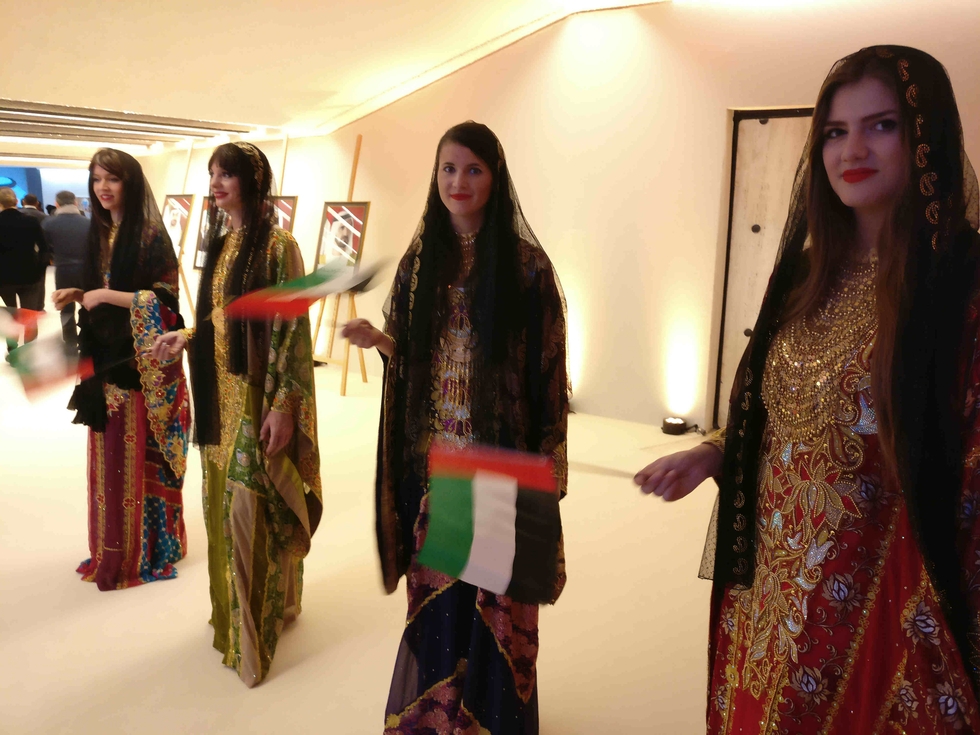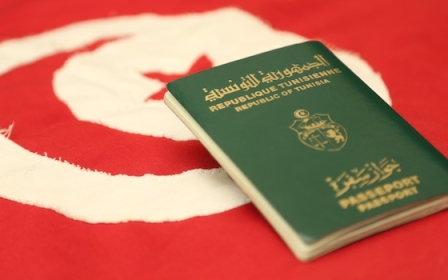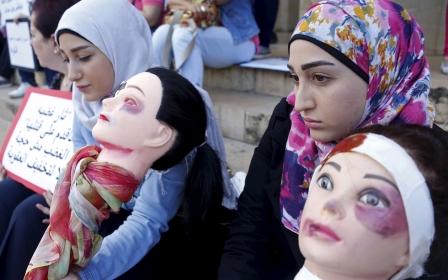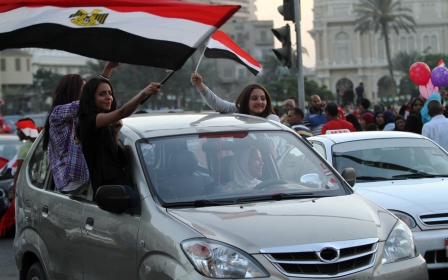UAE faces criticism over human rights record in UN review

GENEVA, Switzerland - Women clad in sequined abayas posed for photos in front of mock Bedouin tents at the United Nations’ Palace of Nations on Monday as the United Arab Emirates prepared to face a critical review of its record on human rights.
The scene formed part of a display of traditional arts and crafts put on by the UAE's UN mission in Geneva as the Gulf state sought to draw attention to improvements which it claims to have made since the subordination of women’s rights was a focus for criticism the last time it underwent the Universal Periodic Review (UPR) process in 2013.
The UAE is among several countries, also including Israel, which this week face questioning by fellow UN members as part of the review cycle which subjects each member state to scrutiny every five years.
The UPR is widely recognised as an important barometer of the state of human rights in a country.
Other states can call on countries under review to implement recommendations to improve their adherence to UN-endorsed human rights standards, and in 2013 no less than 46 recommendations directed at the UAE related to women’s rights.
But, speaking at a side event hosted by the UAE’s General Women’s Union, Idriss Jazairy, a retired Algerian ambassador who is currently a UN special rapporteur with a focus on human rights, said the UAE instead deserved praise for its record.
“The UAE is one of the region’s best performers with regard to women's empowerment and gender equality. At the behest of a gender-sensitive and forward-thinking government that spearheaded a series of public and private sector initiatives, women are playing an increasing role in all aspects of public life in the UAE,” said Jazairy.
But documents submitted by UN committees as part of the UPR process suggest that the UAE will once again be called out for its failings in regard to promoting women’s rights.
Forced marriages
The United Nations Committee on the Elimination of Discrimination Against Women noted its concern over what it said was the reported persistence of unregistered child marriages and forced marriages.
The committee was also concerned about the criminalisation of abortion except in very limited cases, which did not include incest, rape and a threat to the health of the pregnant woman.
Julia Legner, a human rights officer for Gulf countries at the Geneva-based Alkarama Foundation, said the event was part of a strategy to distract attention from “the real issues and real problems”
“They're using this event as a way to cover up real human rights abuses and everything related to civil liberties like human rights work.”
Legner said that while the UAE had taken some steps to improve women’s rights in the country, there is still a lack of legal reform for laws that are specific to women.
“They’re still not progressive,” she said.
Victims of alleged torture and abuse in the UAE have also been in Geneva amid hopes that member states will put pressure on the country to adhere to international human rights standards.
The UN’s Office of the United Nations High Commissioner for Human Rights (OHCHR) is among several agencies to have submitted documents rebuking the UAE over its use of the death penalty, the tightening of censorship laws and the detention of human rights activists.
Toby Cadman, an international human rights barrister, told a press conference on Saturday that he hoped that states present at the UPR would make recommendations to "fundamentally overhaul their human rights system".
"Monday will hopefully be the start of a new horizon where a culture of impunity, arbitrary arrests and enforced disappearances are promptly brought to an end."
Each country review is led by a “troika” of member states who are drawn by lot. The UAE’s troika is made up of Egypt, a close regional ally, South Korea and Peru.
New MEE newsletter: Jerusalem Dispatch
Sign up to get the latest insights and analysis on Israel-Palestine, alongside Turkey Unpacked and other MEE newsletters
Middle East Eye delivers independent and unrivalled coverage and analysis of the Middle East, North Africa and beyond. To learn more about republishing this content and the associated fees, please fill out this form. More about MEE can be found here.




